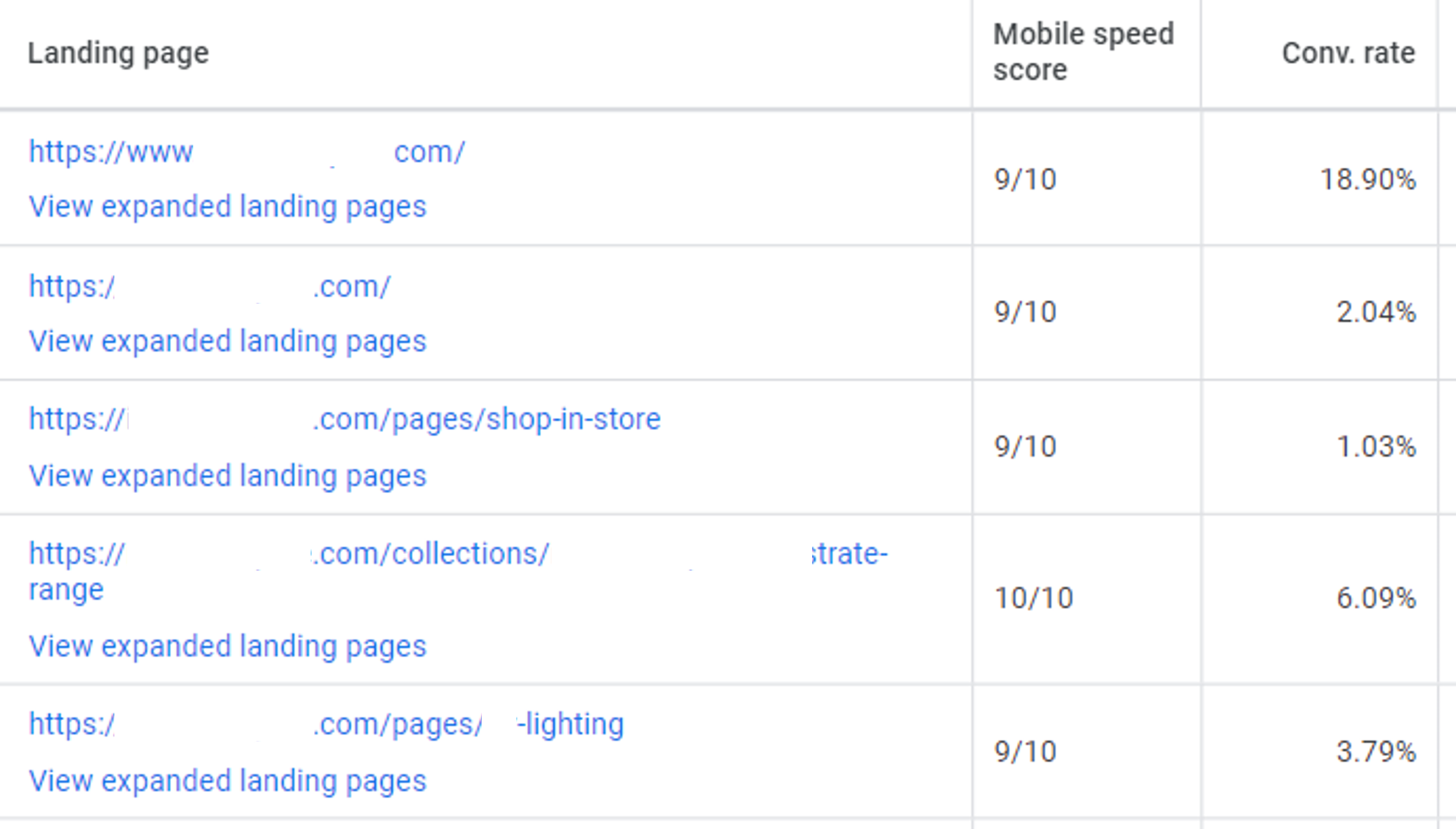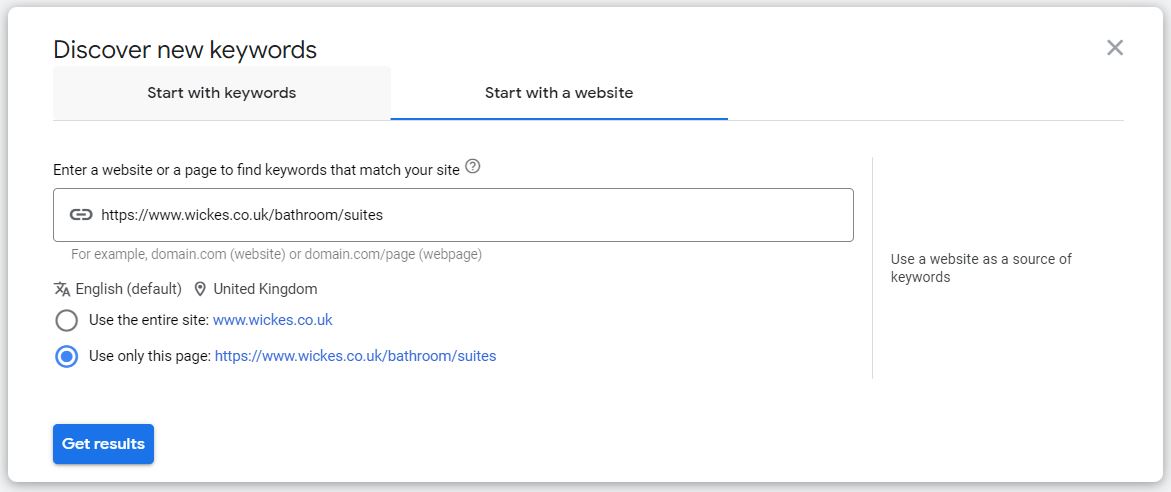

PPC and SEO integration will allow you to enhance your performance and streamline your tasks. Both are both critical elements of any digital marketing campaign. However, very often they operate in silos. This can prove to be inefficient and you can miss out on crucial learnings to enhance the performance of each channel.
When the 2 teams come together and collaborate it enables your business to work towards dominating the search results page. You are able to secure both paid ad placements, alongside organic search rankings to increase visibility, brand exposure and credibility. Through all of this you are able to drive more traffic and in turn more conversions.
In this article I will share a number of tactics you can adopt to improve channel collaboration and strengthen strategies with shared research and testing.
Enhance your keyword research
By collaborating on keyword research you are able to identify valuable keywords that can be targeted both through paid ads and organically. Not only are you able to share insight and data on elements such as search volumes and keyword competitiveness, you can also reduce the time spent as you are not doubling up on the task.
Through a combined strategy you are able to conduct gap analysis to assess where you are strong or weak organically, thus identifying where paid ads can bridge a gap for core terms.
Once keywords have been identified you can also use the SEO page plan to map out the best ad landing pages for each of your keywords. Through this you will see benefits in your quality score, as your page relevance and experience should increase.
Overall, through a combined approach you can benefit from better visibility, with a knock on effect of higher website traffic.
Use paid ads to test landing pages
As paid ads have the potential to drive high volumes of high intent traffic to a page, you can use this traffic to test changes to a landing page before rolling them out to your core site pages. You can establish what improves conversion rates, what helps onsite engagement and on the reverse of this what hinders performance.

This approach offers less risk as changes can be reveresed quickly and you can be more reactive to the data.
Share search term insights
In both channels there is an abundance of search term data. This data can be in the obvious places such as your search terms reports in Google Ads, but also the lesser checked places such as your on site search results.
By sharing data you are able to identify what a user is searching for both to get to the site and when they get there. By understanding both of these elements you are able to develop better ad strategies to target what customers want.
When reversing this process and sharing from PPC to SEO you can identify the keywords with the highest impression and click volume, as well as the ones driving conversions. You can then use this information to influence your keyword optimisation plan for the most valuable keywords.
Use ads to inform Meta tags and guide content creation
Search ads provide an opportunity to learn quicker what messaging resonates with potential customers, and what attracts them to click through to your website.
You can use this information to test messaging and identify those that have a higher CTR. By understanding this information you can use this to guide your title tags, meta descriptions and onsite headlines.
With a shift to responsive search ads in Google and Microsoft Ads, this provided a new challenge to gain tha valuable data insight. Through headline and description pinning however, you are still able to identify which ad variations perform best. When using multi-asset variations, you can use asset insights to understand which variations Google is favouring.
Google’s new AI ad generation also provides an opportunity to understand what Google expects to see for each search term, and you can use this insight to guide both your paid and organic strategy.
Use Keyword Planner to understand how Google reads your page
Keyword Planner can offer additional functionality beyond just keyword research. The tool has a URL function to find new keywords which can also be used to understand what content Google identifies on your page.

If Google Keyword Planner returns a high volume of irrelevant keyword suggestions you may want to review the on page content.
Data analysis
Within both PPC and SEO there is a wealth of data. Through data sharing you are able to get a more comprehensive understanding of your audience and website users.
Rather than focusing on data just from the channel you’re tasked with managing, by analysing overall performance you can uncover trends in keywords, onsite engagement and conversion rates.
Through analysing where you are strong organically and where you are targeting your ads currently, you can achieve better budget optimisation. Through sharing insights and performance data you can identify areas where budget adjustments are required. For example, if a set of PPC keywords are sending traffic to a specific page that is converting well, you can shift SEO focus to optimise that page. You can optimise for that set of keywords to boost the page ranking and capture more organic traffic. In turn this can reduce reliance on paid ads for those keywords and thus freeing up marketing budget that can be placed elsewhere.
In conclusion
As a business whether you manage your campaigns in house, have 1 agency to manage both aspects, or multiple agencies you should be challenging to ensure collaboration. By leveraging data from both digital channels you are able to improve efficiency, visibility, traffic and conversions. Reach out to discuss how we can help your business with PPC and SEO integration.
To dive deeper into integration across all of your digital activity you can download our free Integrate Booklet.



